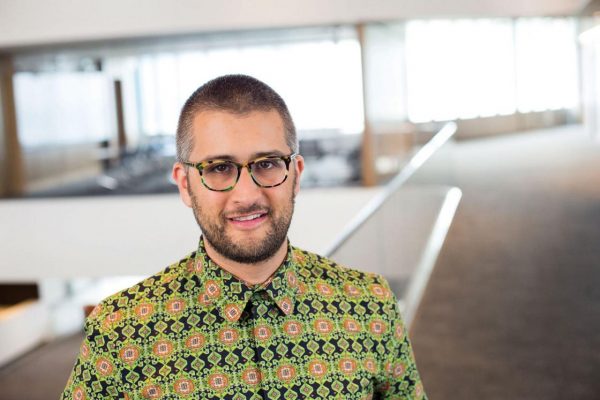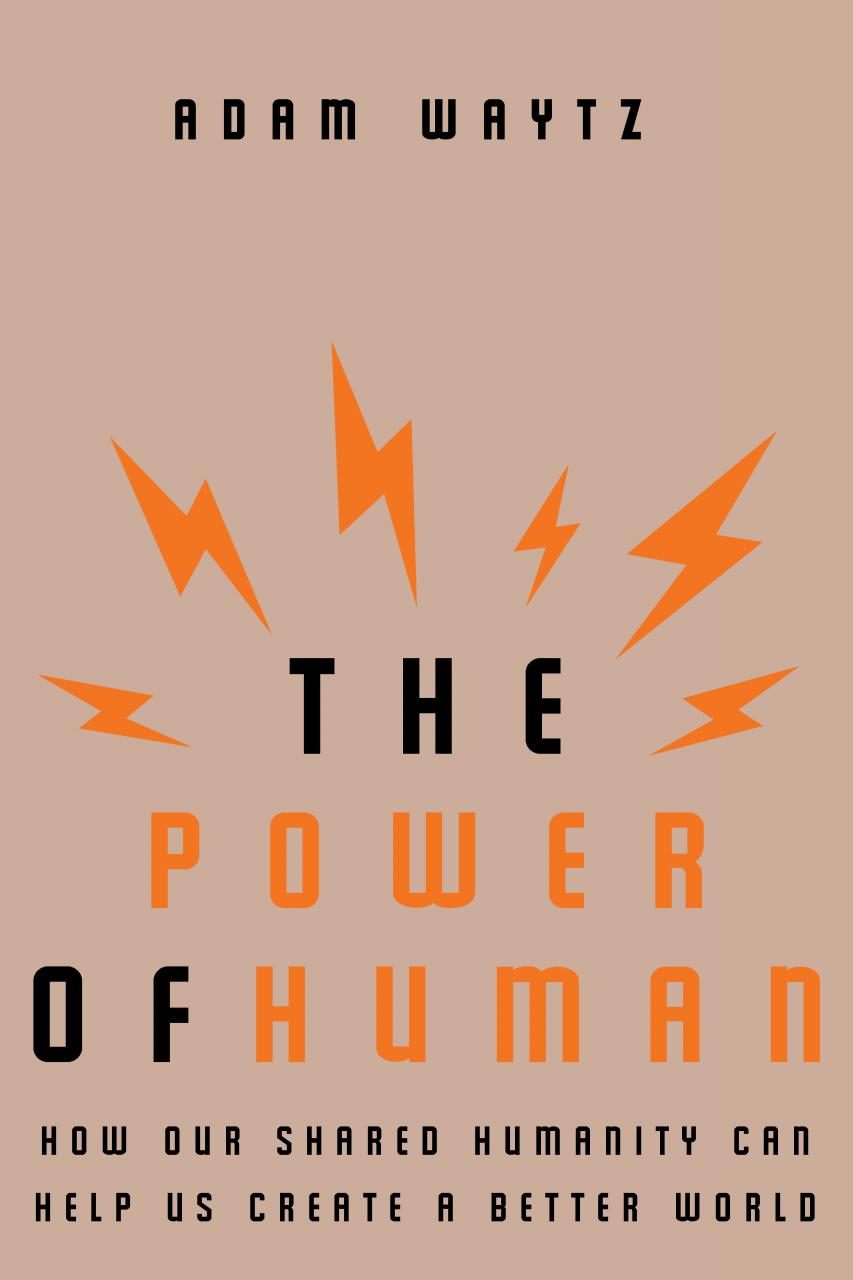Adam Waytz, Ph.D.
Associate Professor of Management and Organizations at Northwestern University’s Kellogg School of Management.
The Power of Human: How Our Shared Humanity Can Help Us Create a Better World
Our shared sense of humanity is the central wellspring of value and meaning in the world. Our ability to imagine and empathize with the minds of other humans determines everything from our evaluations of high art and our ability to develop reasonable political policies to how we highly we rate our experiences with customer service agents. By contrast, our ability to dehumanize others opens the door to shocking aggression and brutality. In his new book, The Power of Human: How Our Shared Humanity Can Help Us Create a Better World, award-winning social psychologist and author Adam Waytz, Ph.D. explores our innate need for human interaction, our capacity for dehumanization, and the ways in which we can reinvest everyday life with value and meaning by reemphasizing the crucial value of authentic human presence.
The unprecedented access to other humans that technology provides has ironically freed us from engaging with them. Thanks to social media, we can know a campaigning politician’s platform; an avid traveler’s restaurant recommendations; and the daily emotional fluctuations of our friends without ever even picking up the phone. Our increasingly human-free lives come with a serious cost that we’ve already begun to pay: the loss of our humanity.
Humans have superpowers. More than any other psychological stimulus, our presence can make experiences feel significant, inspire moral behavior, and encourage action. Recent studies suggest that we even have power over mortality―the survival rate of individuals with stronger social relationships has been found to be twice as high as those with weak relationships.
Prof. Waytz is Associate Professor of Management and Organizations at Northwestern University’s Kellogg School of Management. He uses methods from social psychology and cognitive neuroscience to study the causes and consequences of perceiving mental states in other entities and to investigate processes related to social influence, social connection, meaning-making, and ethics. He has a bachelor’s degree in psychology from Columbia University and a doctorate in social psychology from the University of Chicago, and he received a National Research Service Award from the National Institute of Health to complete a postdoctoral fellowship at Harvard University. He is the first person to receive twice the Theoretical Innovation Prize from the Society for Personality and Social Psychology. He is also the winner of the SAGE Young Scholar Award and the International Social Cognition Network’s Early Career Award. His writing has appeared in the New York Times, the Harvard Business Review, the Wall Street Journal, and elsewhere.
Upcoming Events
Year of the Monkey: An Evening with Patti Smith
Patti Smith
Writer, performer, and visual artist
Evanston Township High School Auditorium
Live streaming video of this event will be available, beginning at 7:00 PM, on the ETHS Wildkits YouTube Live Stream channel.
Special thanks to DJ Jeff Pazen for pre- and post-event music!

The Power of Human: How Our Shared Humanity Can Help Us Create a Better World
Adam Waytz, Ph.D.
Associate Professor of Management and Organizations at Northwestern University’s Kellogg School of Management.
North Shore Country Day School Auditorium
The Great Juggling Act: Balancing Life as a Parent
Julie Morgenstern
Time-management and productivity specialist, and author of Organizing from the Inside Out, Never Check Email in the Morning, SHED Your Stuff, Change Your Life, and the brand-new Time to Parent: Organizing Your Life to Bring Out the Best in Your Child and You
New Trier High School, Northfield Campus, Cornog Auditorium



